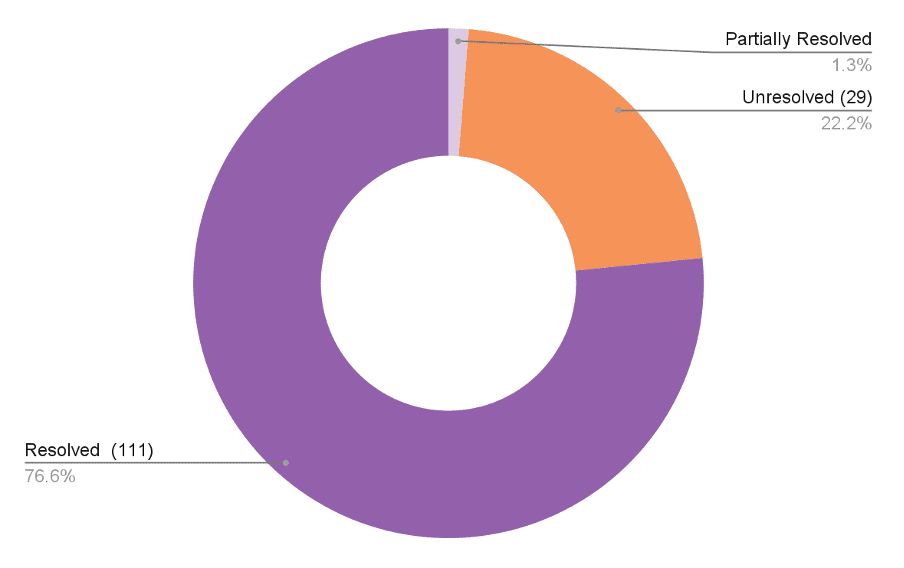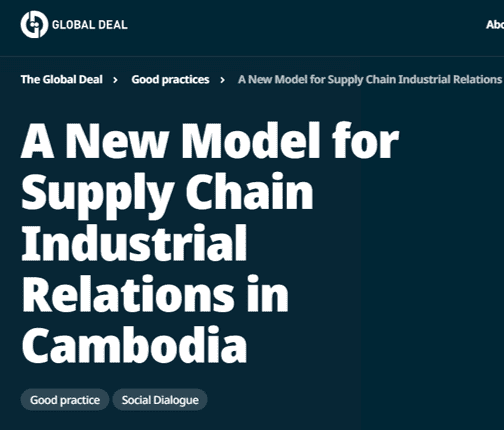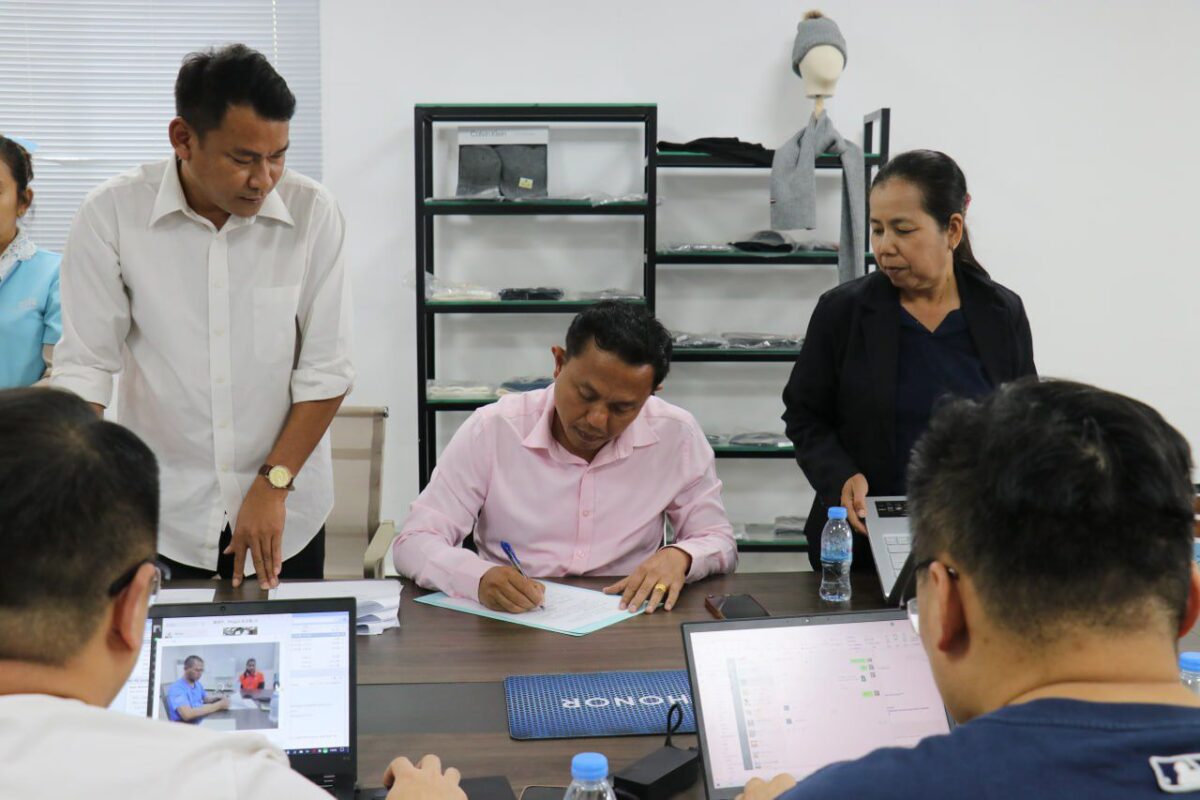What we do
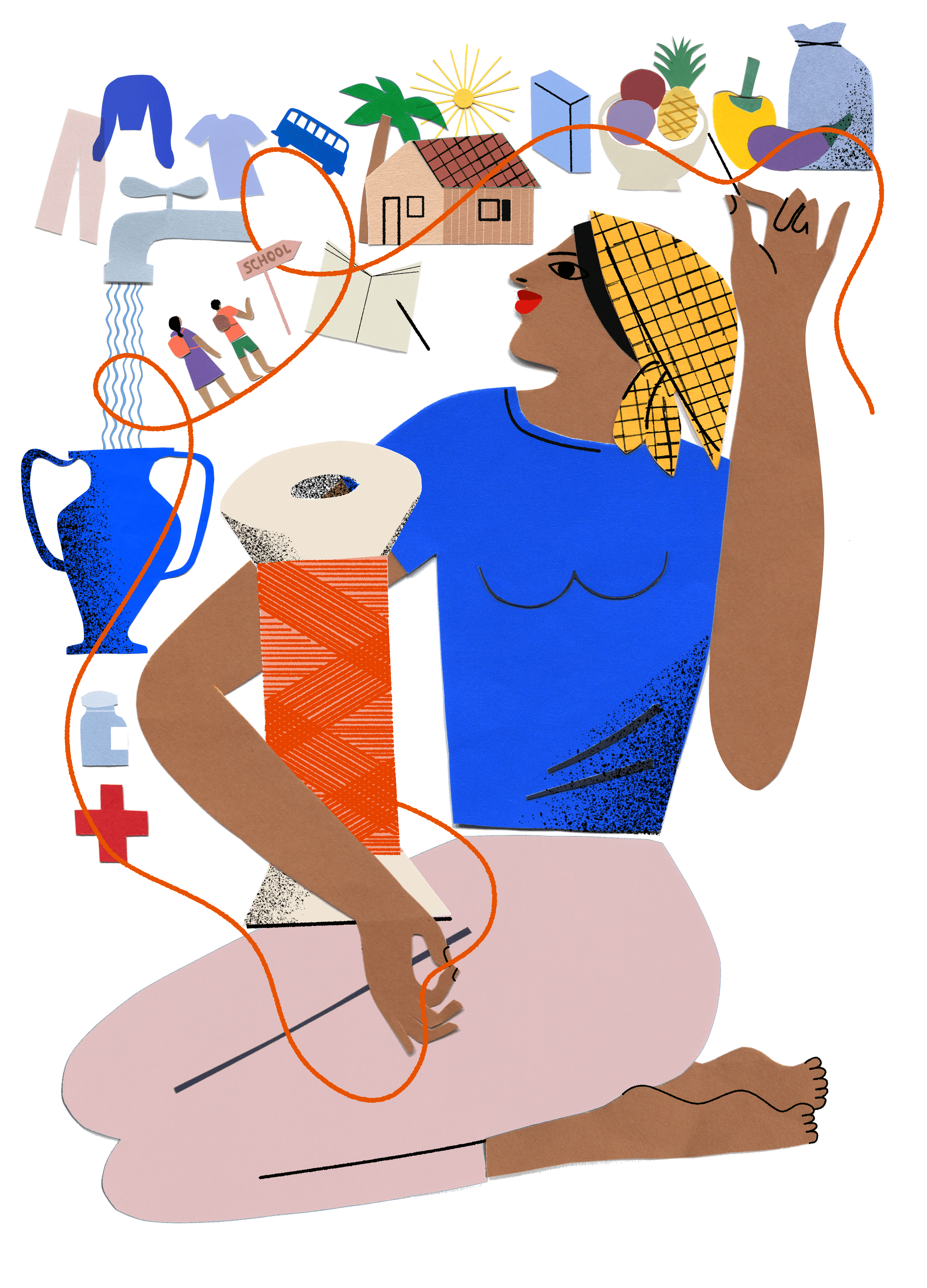
Paving the way for living wages through action, collaboration, and transformation.
ACT brings together brands, trade unions and manufacturers to enable long-term improvements in wages and working conditions in the global garment industry.
As a joint initiative between IndustriALL Global Union and international brands and retailers, ACT is uniquely placed to focus on systemic transformation through joint responsibility and establish supply chain industrial relations as the driver to ensure workers and their families can enjoy higher standards of living through higher wages and improved working conditions.
Practically this means bringing together brands, manufacturers and trade unions to:
- Jointly develop and implement responsible sourcing and purchasing practices to set a foundation for industry transformation.
- Establish Binding Agreements on wages in the form of Collective Bargaining Agreements and on the role and commitments of brands in supporting CBAs.
- Strengthen Freedom of Association as a key due diligence obligation and driving force for collective bargaining.
These foundations are crucial to reach sustainable wage improvements and establish the structures needed to pave the way to living wages.
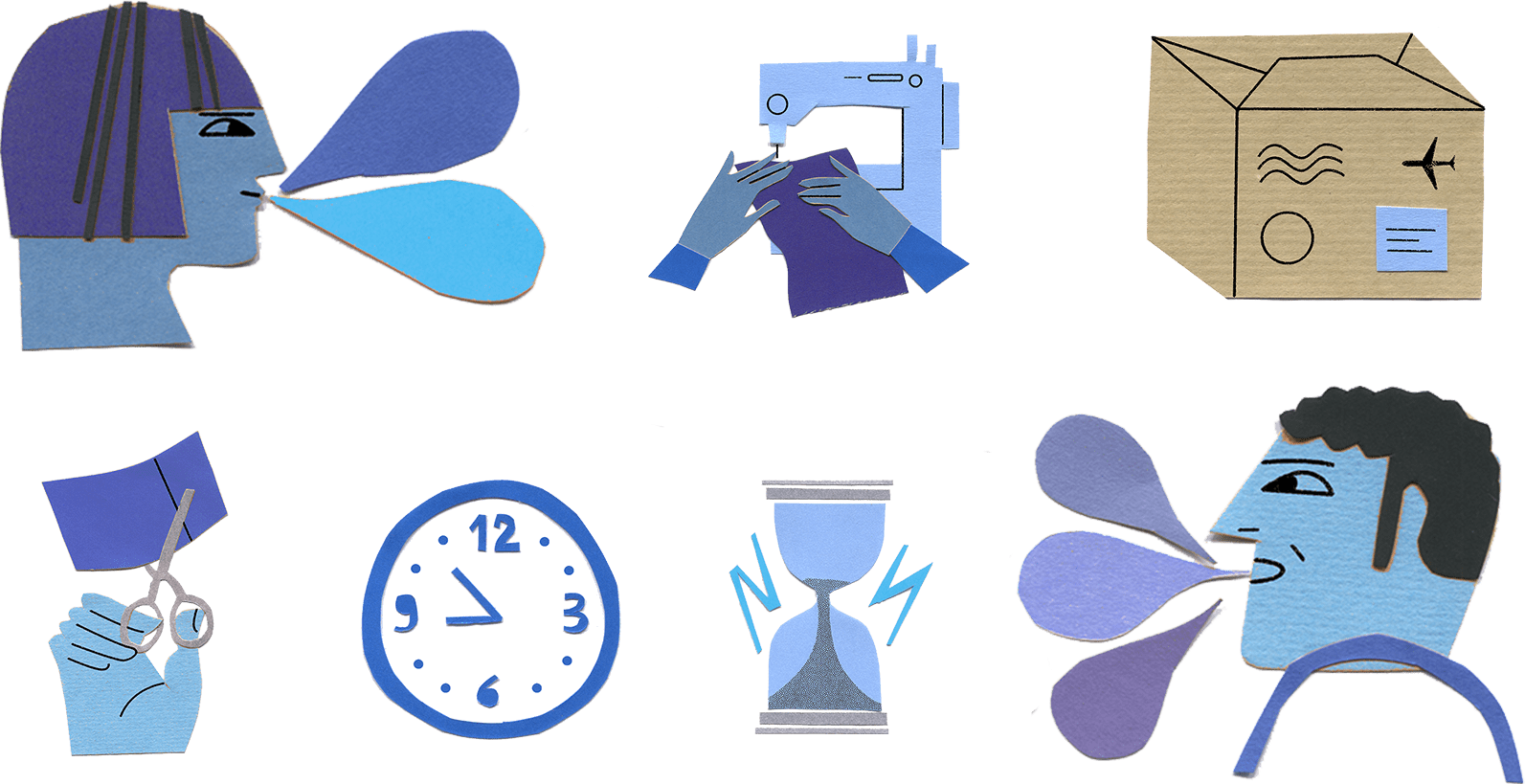
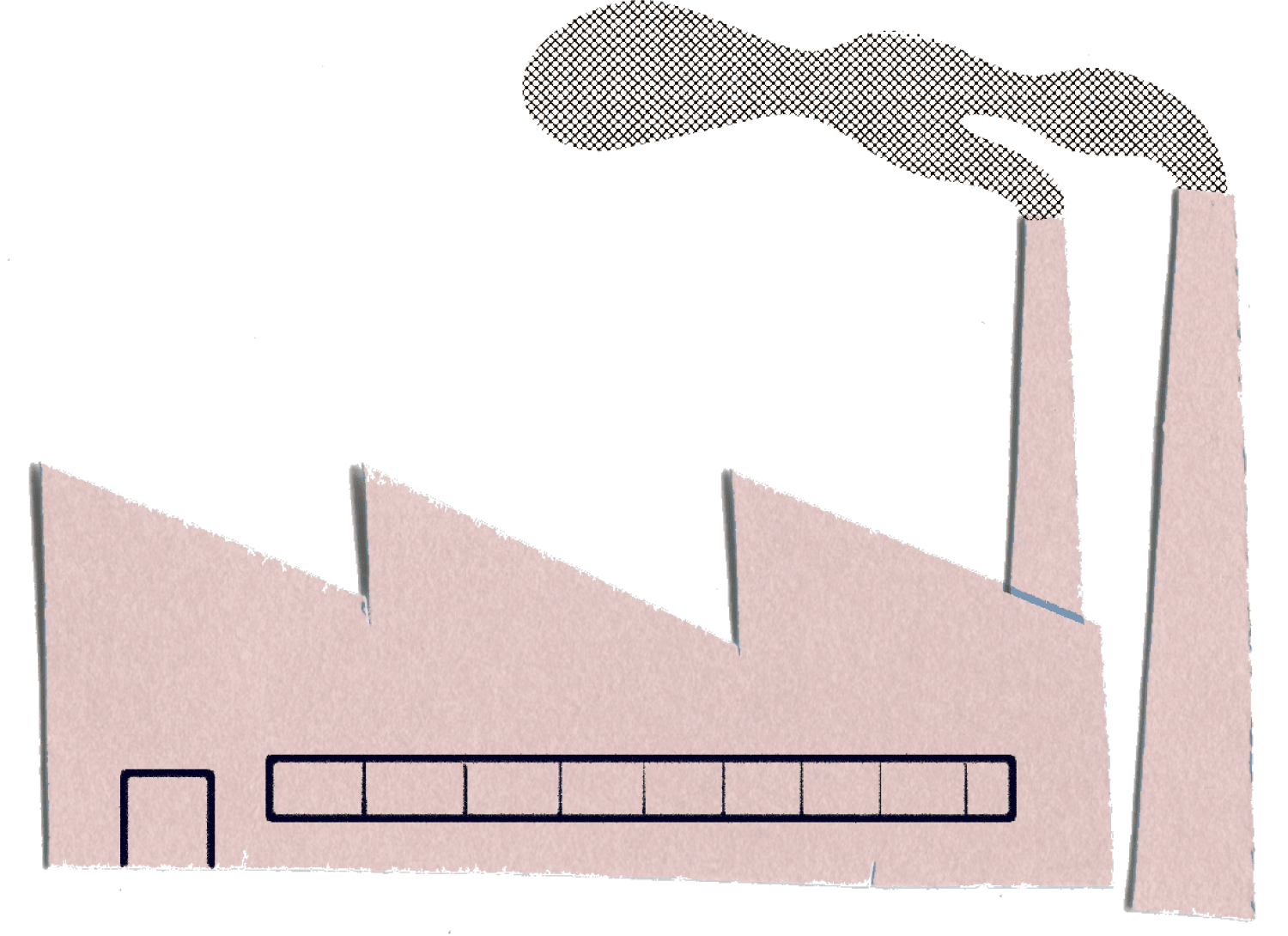
 ACT aims to address the pervasive issue of wages and working conditions in supply chains through an innovative approach focused on moving from voluntary initiatives towards binding agreements.
ACT aims to address the pervasive issue of wages and working conditions in supply chains through an innovative approach focused on moving from voluntary initiatives towards binding agreements. 

